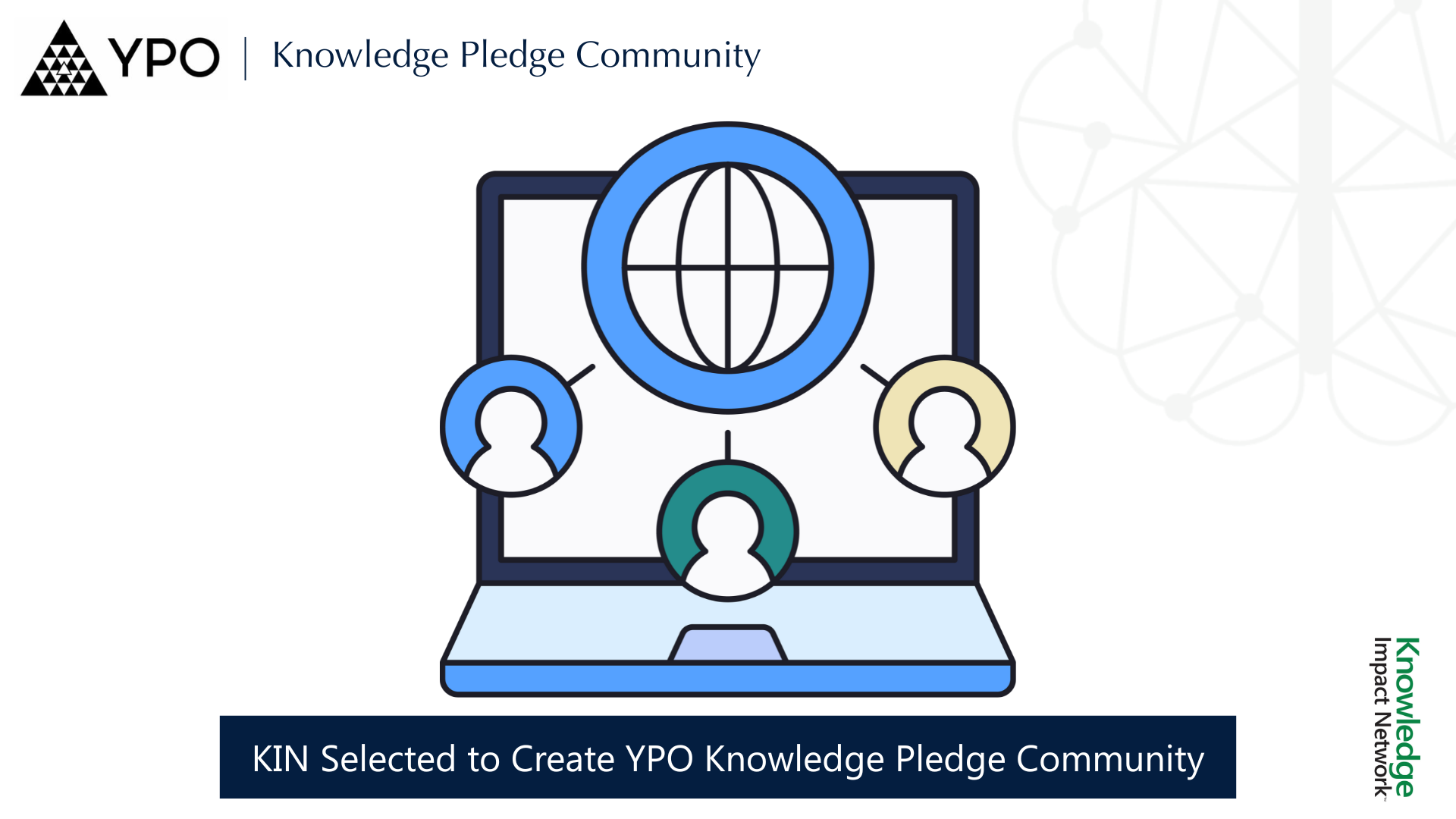February 1st, 2022
The Knowledge Pledge launched its new Catalyze Sessions platform in January, bringing the founder of Teach to Work together with a group of Signatories of The Knowledge Pledge that offered numerous ideas and contacts to expand Project-Based Mentoring® in schools.
In this 90-minute fast and focused session, a half-dozen volunteer signatories met with author Patty Alper to help her figure out which school targets would be best for her Teach to Work programs, and how to best approach them.
The inaugural Knowledge Pledge Catalyze Session panel included several education experts and was virtual over Zoom. All of the Signatories pledged to help Teach to Work going forward.
The Knowledge Pledge CEO Elaine MacDonald, who led the event, said “I am delighted our first pilot Catalyze Session with Teach to Work resulted in meaningful ideas on how it could expand its model nationwide for greater impact.”
“The enthusiasm of the Signatories was palpable during the session, and afterwards, dialogue continued between the participants to further share knowledge and connections. It was wonderful to see the mission and spirit of The Knowledge Pledge come to life in this session.”
Alper, who has pilot programs up and running in three states and wants to see Teach To Work become a movement, said “the Catalyze Session was phenomenal — to have that level of executives, across the board, weigh in and focus on my project - with preparation and succinct questions such that in 90 minutes we could get to the heart of my issues — this was an invaluable experience. I’m forever grateful to the Knowledge Pledge and its members for taking on Teach to Work.”
The questions Teach To Work wanted advice with included: “How it should best structure its operating model to achieve its mission, whether it should partner with an existing organization, or create its own nonprofit organization, and, if so, which partners would be most attractive.
The Signatories discussed the pros and cons of targeting the Project-Based Mentoring® model with middle or high school students versus those at community colleges or private universities.
Supporting underserved students at an early stage could affect their trajectories greater, however, working with K-12 public school systems pose significant barriers, they agreed.
The best fit, several Signatories advised, would be with community colleges, given the existing connectivity to employers. Community colleges have relationships with local public high schools, serve students in greater need, and are seeking programs like Teach to Work to implement.
One Signatory, John Halpin, Dean of Workforce Development, City College of San Francisco, said project-based mentoring is the missing link in schools’ toolkits and that schools are eager to engage and have the funding to do so. It’s the structured program that’s missing.
"Community college students need more project-based experience to compete in today’s job market,” Dean Halpin said following the session. “Project-Based Mentoring® provides an excellent opportunity for companies to prepare their future workforce."
The biggest barrier, most of the Signatories agreed, is the lack of infrastructure to connect schools directly to industry mentors. They advised targeting schools where infrastructures exist.
Training mentors to be effective and engaged can also be a challenge, they said. Stacie Griffin, with the Excellence in Education Foundation in Fauquier County, Virginia, stressed the importance of helping mentors stay committed with goals and expectations.
Teach to Work is a “call to action” for all mentors—regardless of whether they are bankers, attorneys, accountants, engineers, scientists, or artists—to engage in Project-Based Mentoring® that would prepare America’s teens and young adults with skills for 21st century jobs.



%402x.svg)
%402x.svg)

.png)
.png)
.png)

.png)
%402x.svg)
%402x.svg)